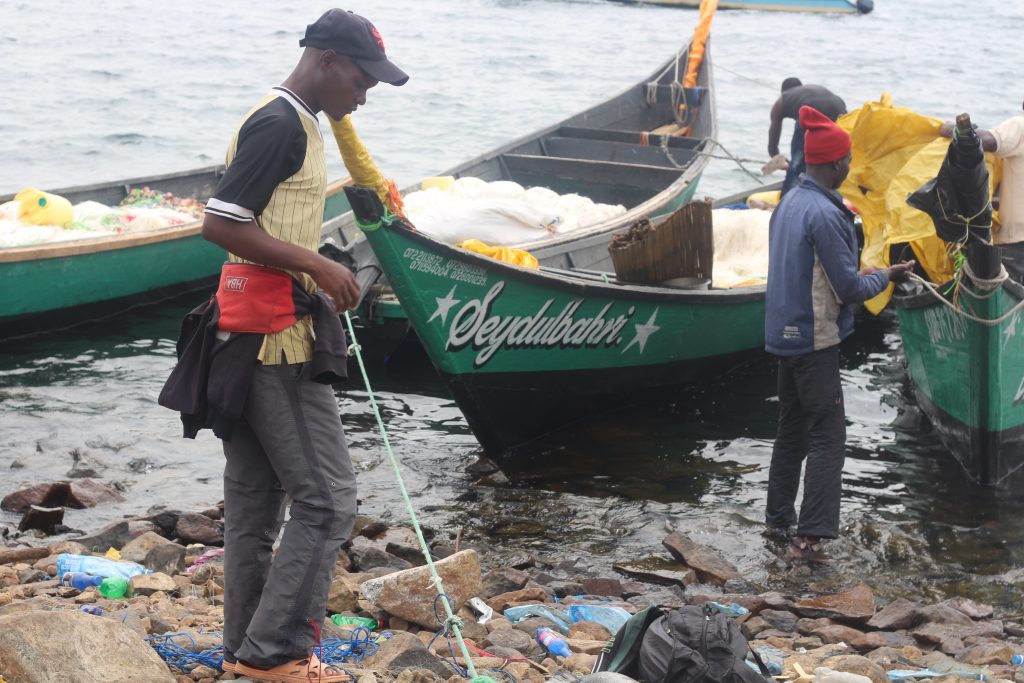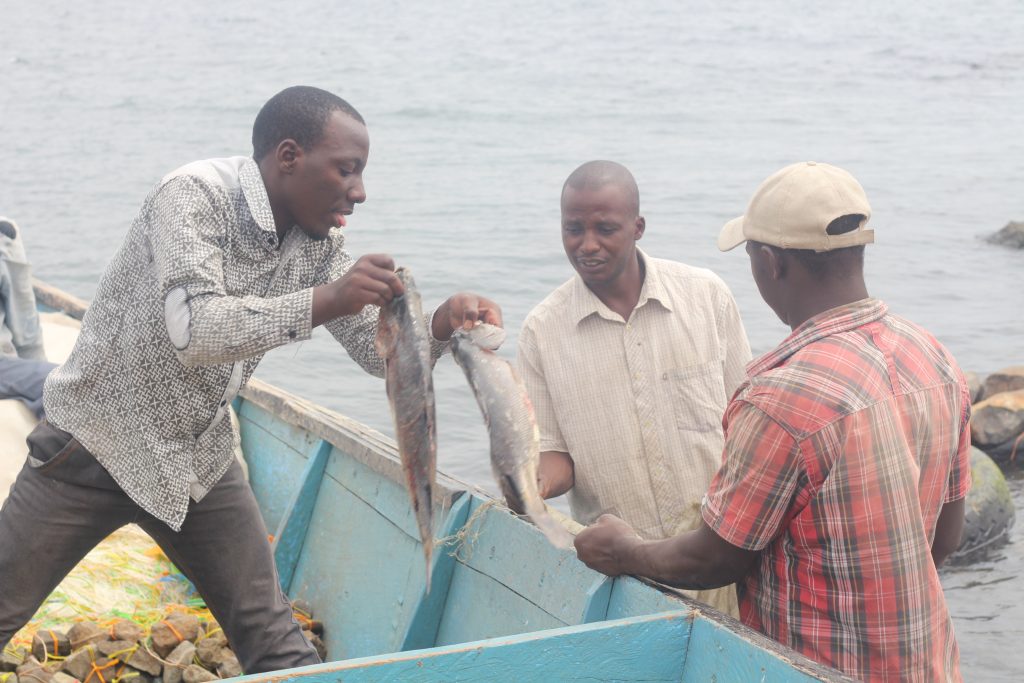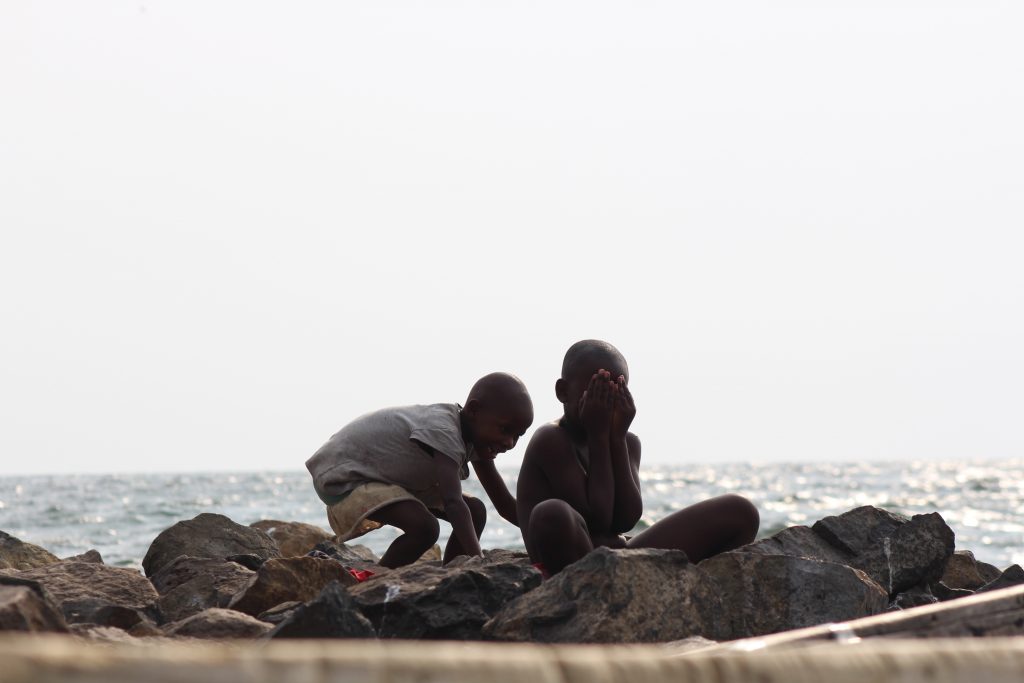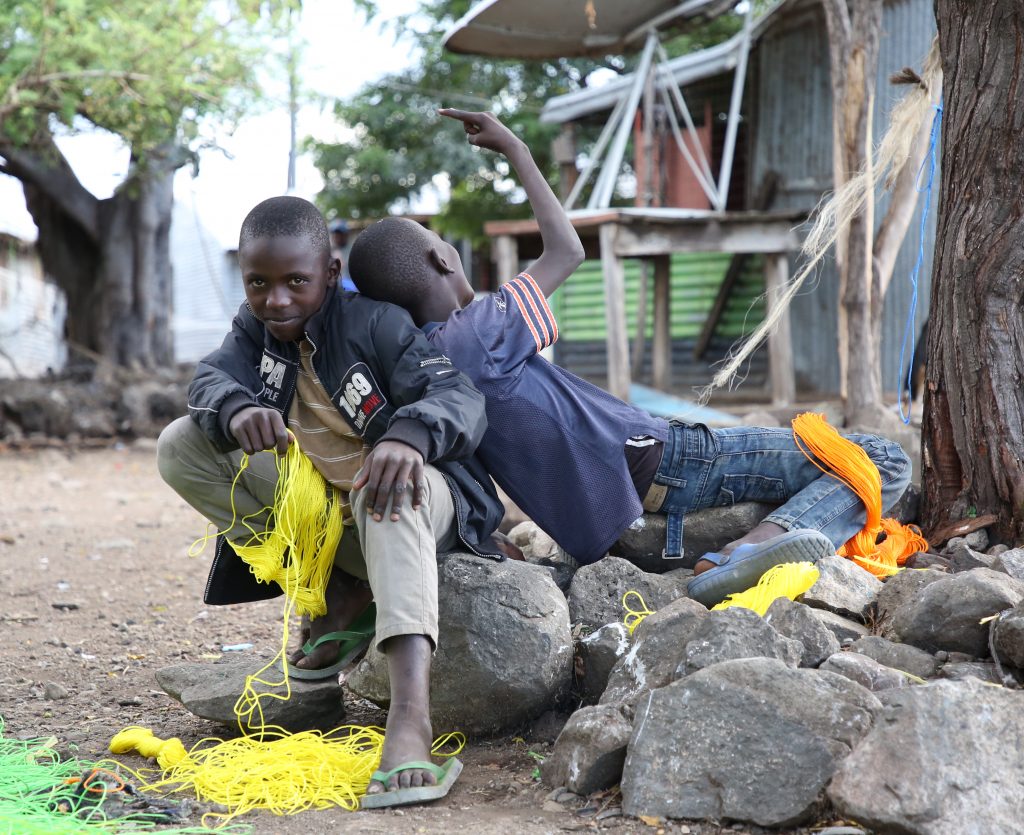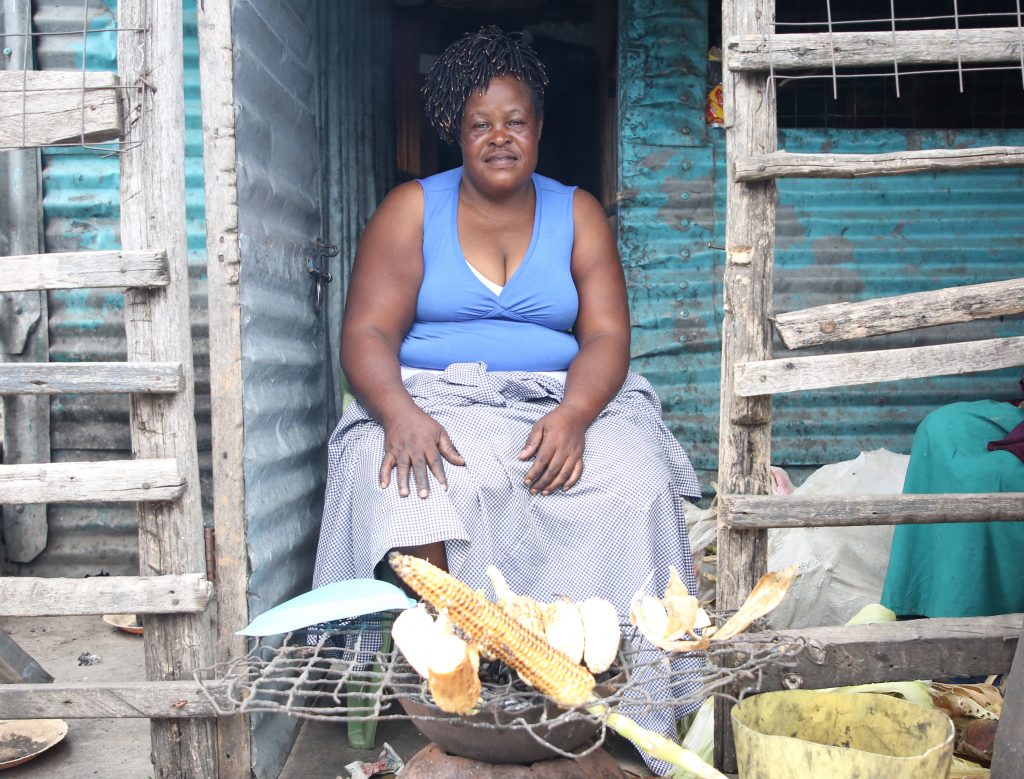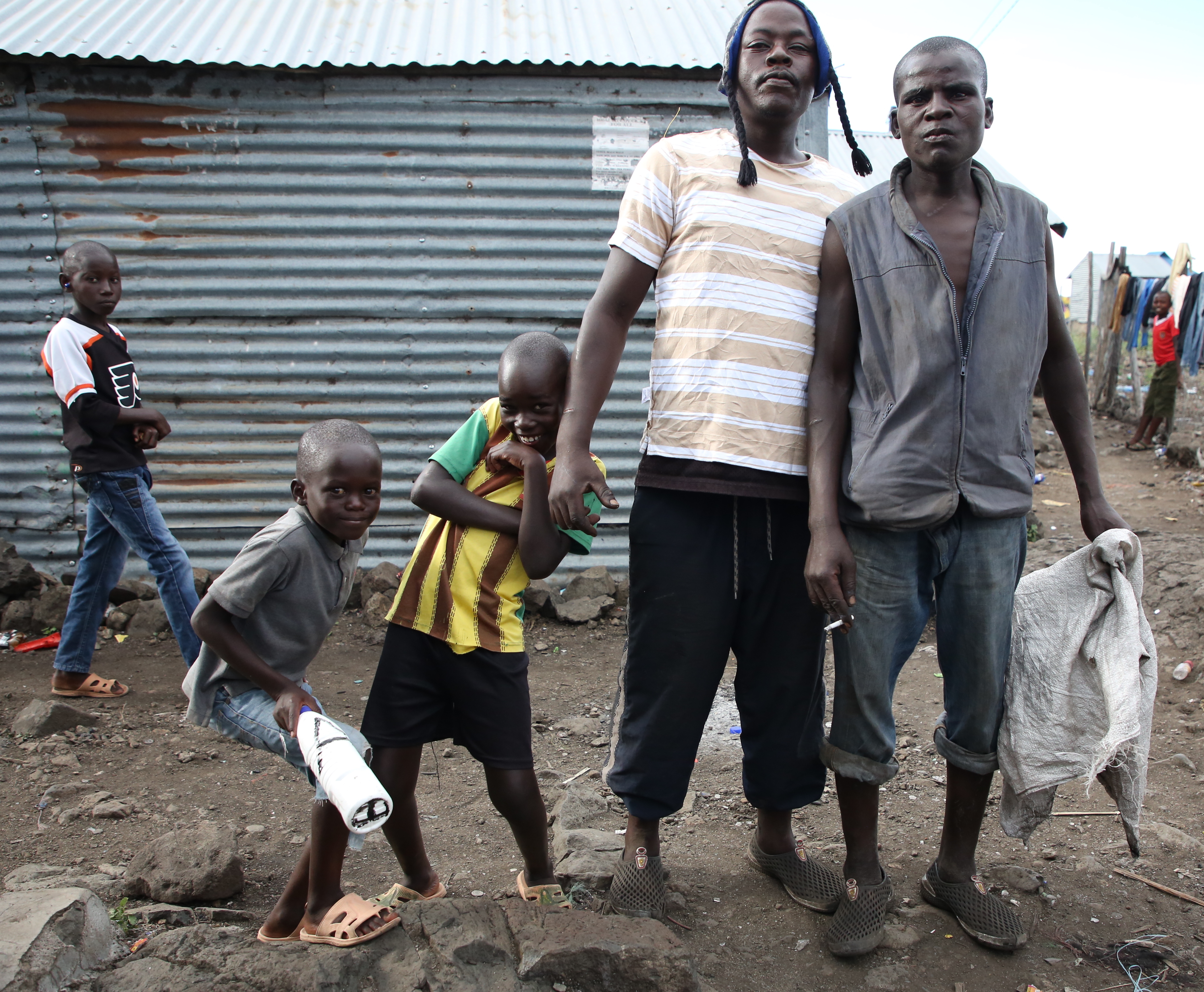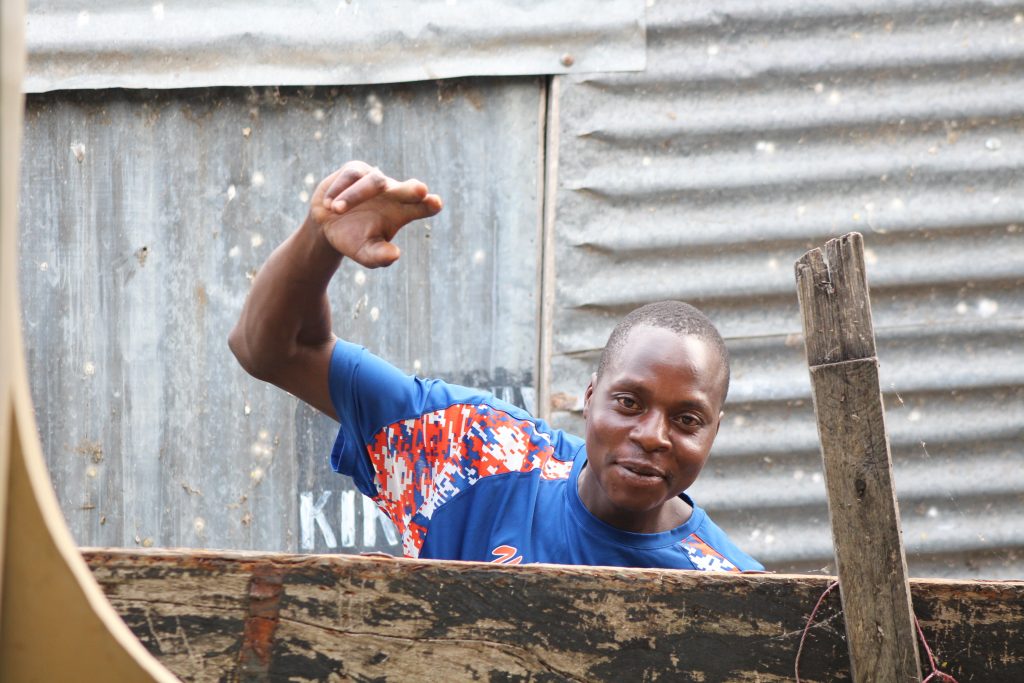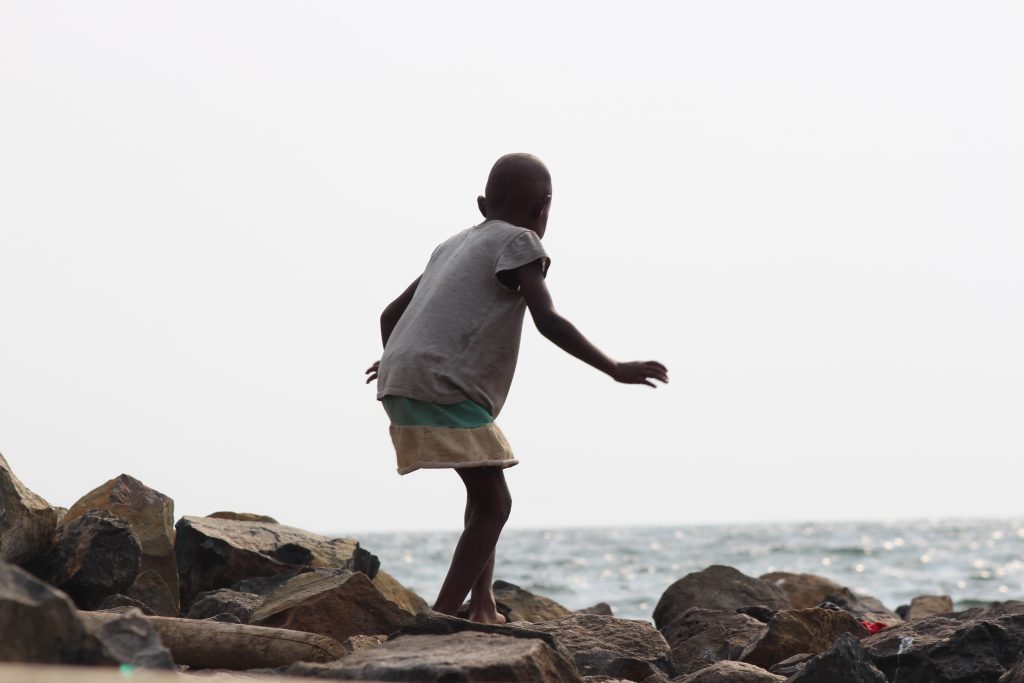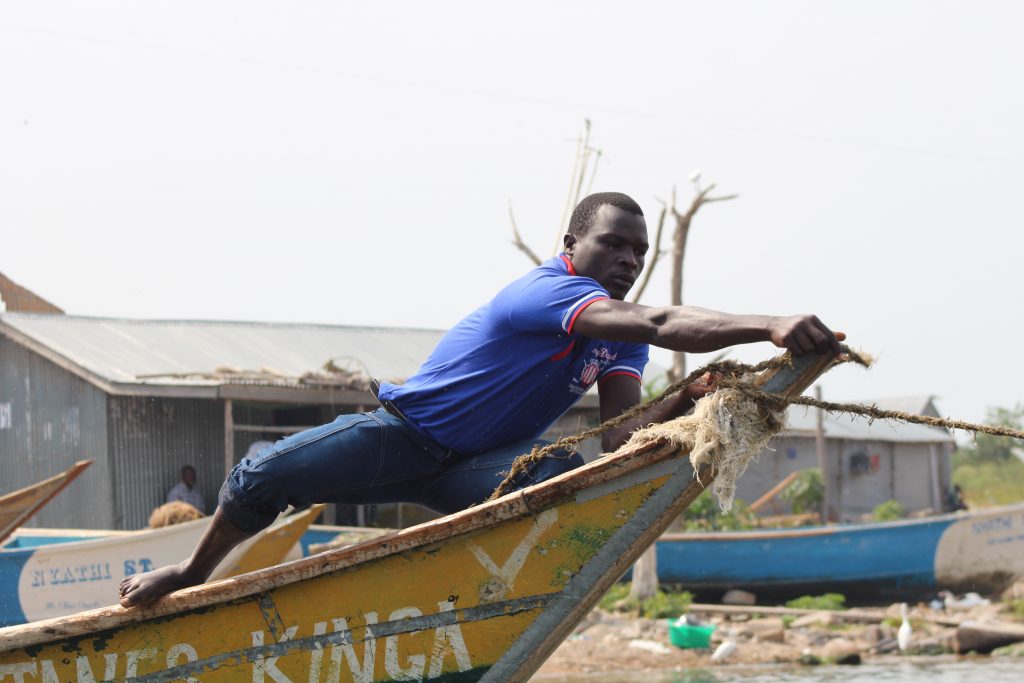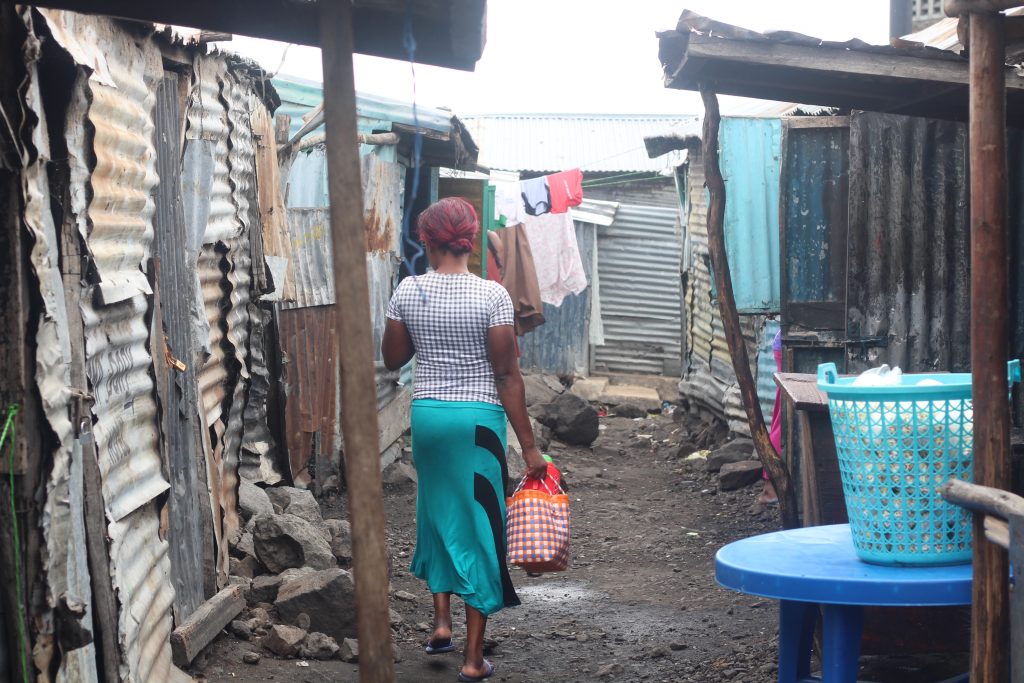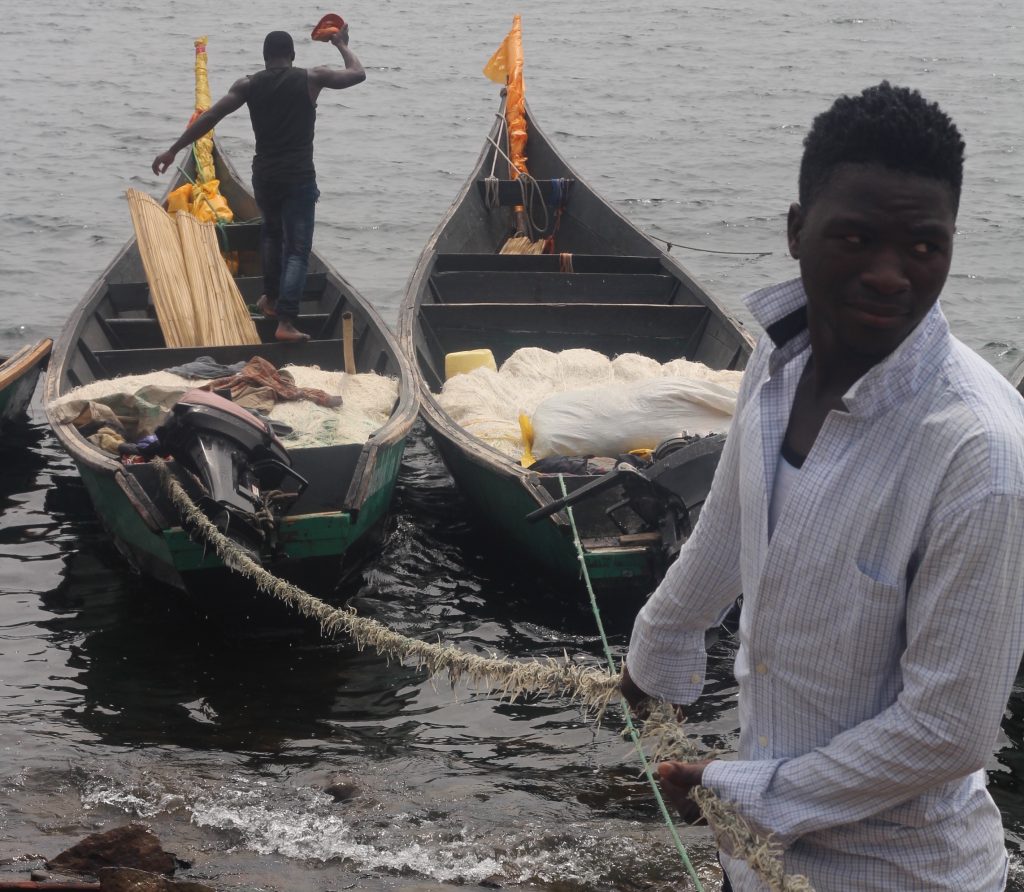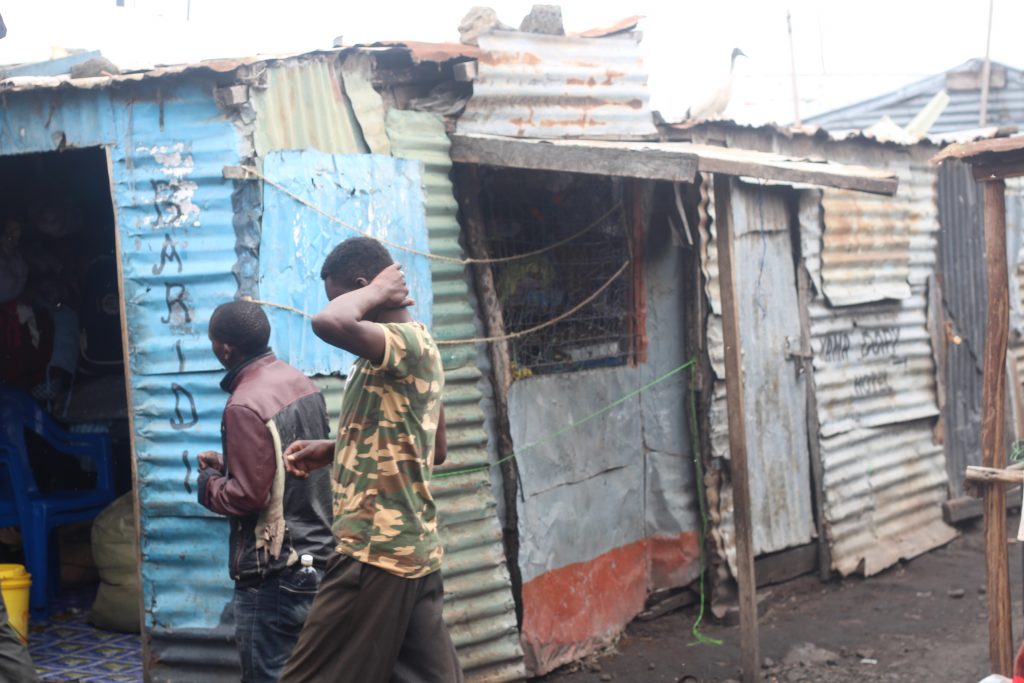Remba
Remba Island, on Lake Victoria in Kenya, is home to 20,000 people whose mainstay is fishing. It is a cosmopolitan commercial place with a high transient population from all over Africa. Fishing is a mix of business prosperity that generates over 5 KES per day, and a streak of exploitation. Most of the boats are owned by people who don’t live on the island but have agents to take care of their boat operations. The boat owners get 70- 80% of the profit made in a day’s fishing, and the rest is divided among the fishermen.
Most of Remba’s fishermen are teenage boys who drop out of school to earn money. The agents hire and fire fishermen at will and there is no job security. With high unemployment and low-paying jobs, frustration manifests in crime, drugs, and gender-based violence. Women are forced to take low-paying jobs in order to provide for their families. Prostitution and sex-for fish is rife among the female population causing inevitable outbreaks of sexually transmitted diseases that sweep through the island’s population. Food security is also a big problem, particularly for female-headed households, where mothers must decide between paying for their children’s education or making sure they have enough to eat.
We have worked with a group of 15 widows and single mothers on education and sustainable livelihoods: business training and life skills, innovative vegetable farming, solarized poultry keeping, and a business savings scheme. This group has been formally registered in Kenya as the Remba Women’s Group.
The Remba Women’s Group successfully doubled its flock size to 250 using the solar-powered incubator installed this year. The poultry business has had an overwhelmingly positive reception from the community with high demand for eggs and birds. Despite initial teething problems, in the first month alone their total revenue reached 15,000 KES and they have collectively saved over 30,000 KES through their savings and investments scheme.
The vegetable farm project has also been successful in making nutritious, fresh vegetables available to the island community. Many women have learned from RWG’s sack farming initiative and started their own shambas to feed their households. RWG is negotiating a larger site near the school so that they can grow more produce and have easier access to water.
We have also invested in Remba Primary School, improving security for 1000 children by fencing the school perimeter and providing solar electricity, building a football pitch and a vegetable garden, and improving discipline and attendance through a sporting program.
Future plans
We are continuing to work with Remba Women’s Group and local women through our ARISE project, providing access to education and sustainable livelihoods: business training and life skills, innovative vegetable farming, solarized poultry keeping and developing a business savings scheme. The women have applied for the Women’s Enterprise Fund so that they can upscale to meet the demand that they are currently getting from the island.
A new site for the vegetable garden will also need to be identified to ensure that it has access to a water supply. Once vegetables are planted and grown, they will generate income for the locals and equip them with useful business skills.
Our Latest Update: 'Handshakes Not Handouts' Film
by film-maker, Dharshie Frederick
Our aims
Our project is aimed at improving food security and household income, reducing gender-based violence, infectious diseases and malnutrition, improving children’s school attendance and completion, and helping the women improve their business skills. This will be achieved by focusing on five key areas:
Farming
Supporting the women in maintaining their poultry farm and kitchen garden that provides income, and food security for their families.
Security
Security lighting at strategic points on the Island to reduce crime and gender-based violence, in particular rape.
Electricity and power
Providing electricity and power to the school in return for a literacy and business training program for the women.
Skills & education
Supporting the women to become successful in life and in business through technical and business training, literacy programs, life-skills mentoring and sign-posting.
Sports
Establishing a football pitch and Island team with uniforms, and a football training and competition program. Teams will be selected on the basis of academic performance and attendance at school.
UN Sustainable Development Goals
Our work in Remba supports the following Sustainable Development Goals:





Photos from our visits
